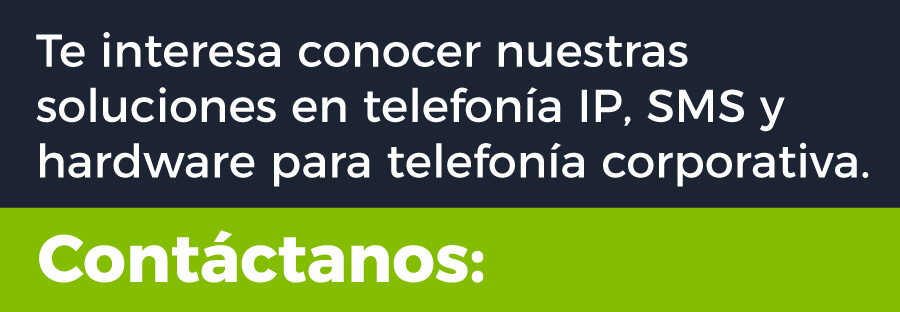It's no secret that medical call centers do more than just serve as an after-hours or overflow service for busy providers and office staff. The best call centers have clinical and non-clinical agents who can quickly and easily answer patient questions, schedule appointments, make referrals, and communicate with your patients.
However, few healthcare organizations leverage the full range of medical call center services, failing to capture their full value and elevate the personalized, human touch that can contribute to an excellent patient experience. Here are five lesser-known call center services and best practices you can leverage to improve patient engagement and increase revenue.
1. PCP Recapture
Every day patients come to their care centers with emergency services. One in four indicate they do not have a primary care physician (PCP). However, few health systems contact patients to refer them to a PCP in a timely manner.
When doctors retire early or change practices, patients often don't know where to turn. Connecting patients with a family doctor encourages healthy behaviors, improves patient satisfaction, and increases retention and utilization of healthcare system resources.
Recommendation:
Use a medical call center to follow up within a week (or less). Make an outbound call within 24 to 72 hours of a patient's visit to request a medical referral or make an appointment.

2. Answer your patients' questions through an open enrollment hotline
Partner with large employers in your area to help answer employee questions, find doctors who meet your needs, schedule checkups, and deepen relationships during annual benefits enrollment. Employers will appreciate the support and employees will appreciate individualized attention.
Recommendation:
It offers a 24/7 multilingual helpline service, where qualified and attentive agents can answer questions and offer a personalized experience.
3. Answer your patients' questions after an online health risk assessment.
Patient self-service and searching for answers online have become commonplace. But when patients take their tests, questionnaires or health risk assessments online to see if they are at risk for diabetes or other conditions, what happens next? Some patients are hesitant to reach out, and their treatment teams rarely have extra time to follow up as they prioritize in-person care.
Healthcare call centers have specialized clinical teams or agents who are qualified nurses to call patients, ask and answer questions, and recommend next steps. Use a medical call center to run outbound campaigns to thank your patients for their time and ensure they reach the right provider. Some patients may simply need to be contacted by a health coach, while others may have a higher risk or more acute needs that require a more immediate response.
Recommendation:
Stratify your patients' risk and prioritize outreach activities accordingly.

4. Patient portal and telehealth assistance
Patient use and familiarity with your healthcare system portal has always been important, but during the pandemic its importance skyrocketed. Patient portals are the gateway to scheduling, billing, test results, and telehealth services. Some systems now require patients to be portal users to take advantage of hybrid care. And if your organization introduces a new EHR, expect an increase in call volume, as queries are often inundated with calls when changing portals.
Health systems want patients to work through their patient portal, but they don't always have enough support or resources to answer questions and resolve problems. It's like offering a software service without a customer support team. As more emphasis is placed on the patient portal, attendance should also be increased. Offer a multilingual hotline to guide patients in setting up the portal, helping them navigate the system, and demonstrating its value as a communication tool.
Recommendation:
After the calls, send an informative email and a link to an explanatory video for future reference.
5. Medical call centers can support health and wellness campaigns
When health centers close and elective procedures are suspended, many patients cancel preventive appointments such as mammograms, cardiac check-ups, and others. It's time to reach out to your patients, express your concern for their health, and remind them that their doctors and hospitals are back in business. Additionally, you can share information about health campaigns, enroll patients in classes or screenings, and promote additional services that help improve your patients' overall health and well-being.
Use a series of text messages, emails, and phone calls to make sure patients know that you offer both telehealth and in-person appointments for services they may have missed. Medical call centers can help schedule patient appointments directly in the EHR or by working directly with your office staff. Clients who have run outbound appointment scheduling campaigns have seen a conversion rate from called patients to scheduled appointments as high as 20%.
Medical call centers offer extensive support to patients.
Outsourcing one or more of these services to the medical call center can improve patient satisfaction and engagement while helping to increase patient access and revenue.
Fountain: Medical call center
#We invite you to read our blog post «Tips for a stress-free Call Center»
Learn about our Corporate Solutions
Learn about the lines of solutions in IP telephony, multi-agent chat, massive text and voice messaging for your company.
Know



